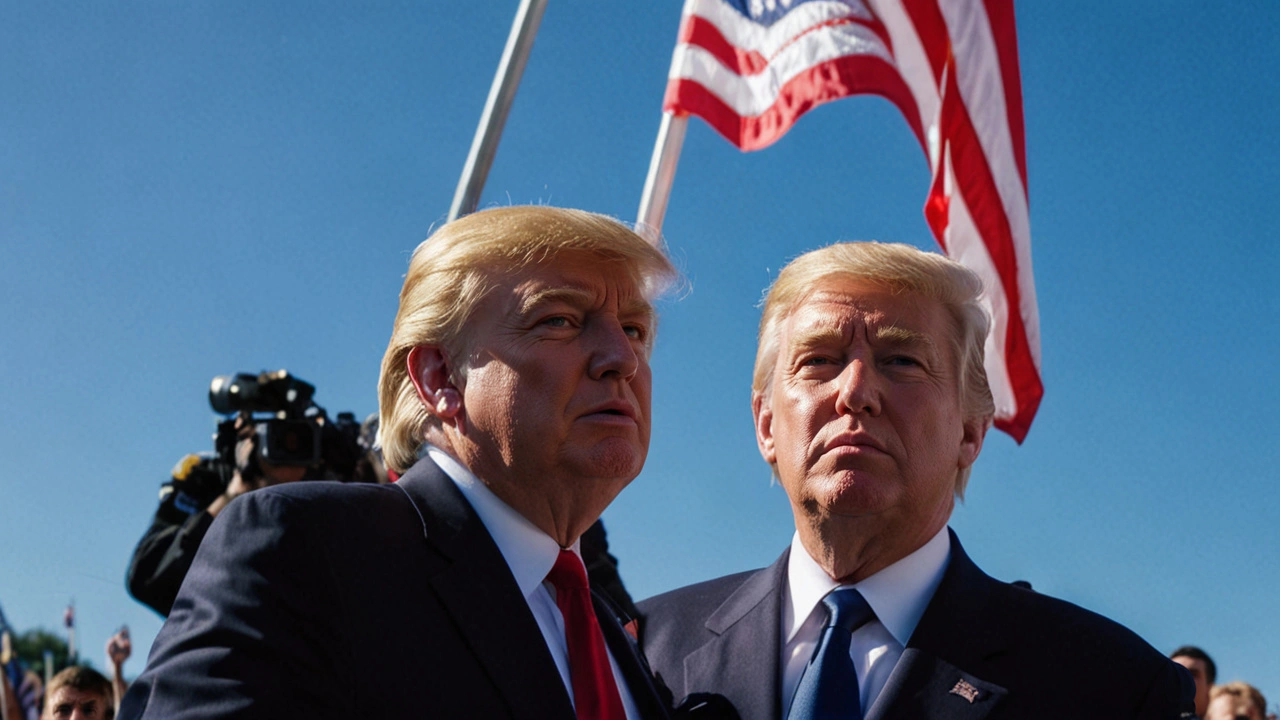Political Violence: What’s Really Happening and Why It Matters
Political violence isn’t just a headline—it’s a real and raw issue affecting many communities, especially across Africa. It covers conflicts where power struggles, ethnic tensions, or political disagreements lead to violence. This can mean anything from protests turning violent to armed clashes or attacks aimed at political figures and their supporters.
Why does this keep happening? Often, it’s because people feel ignored or unfairly treated by those in power. Take Kenya, where issues like corruption and government crackdowns have stirred unrest, as the Interior Cabinet Secretary Murkomen vows to fight corruption in his ranks to ease tensions. These struggles often spark anger and distrust, and without fair solutions, violence can erupt as frustration boils over.
How Political Violence Unfolds in Real Life
Political violence can look different depending on the context. For example, in Kenya, tensions have risen around political bids and local leadership disputes, driving public protests and calls for accountability. Caleb Amisi called for resignations over mishandled political campaigns, showing how political failures deepen divides. Elsewhere, groups frustrated by election outcomes or government actions might stage protests that unfortunately turn violent.
The impact goes beyond just the political sphere—it disrupts daily life for ordinary people. Businesses close down, schools suspend classes, and many live in fear of getting hurt just for speaking their minds. This ripple effect slows development and pulls focus away from building better societies. For example, when political tensions heated up around language conflicts in India, leaders like Shikhar Pahariya stepped in to ease divides by promoting respect across communities, showing dialogue can sometimes get things back on track.
What Can We Do About Political Violence?
Stopping political violence isn’t easy, but it starts with talking openly about the root causes rather than turning a blind eye. Governments need to listen and act fairly, while communities must find ways to respect differences and settle disputes peacefully. Changing deep-seated mistrust often takes patience and courage from everyone involved.
At Ground Report Testing, we don’t just share the headlines—we dig into the reasons and effects behind political violence, offering you a clear view of what’s going on across Africa and beyond. Understanding these realities helps people stay informed and think critically about solutions that bring peace, rather than prolong conflict.






